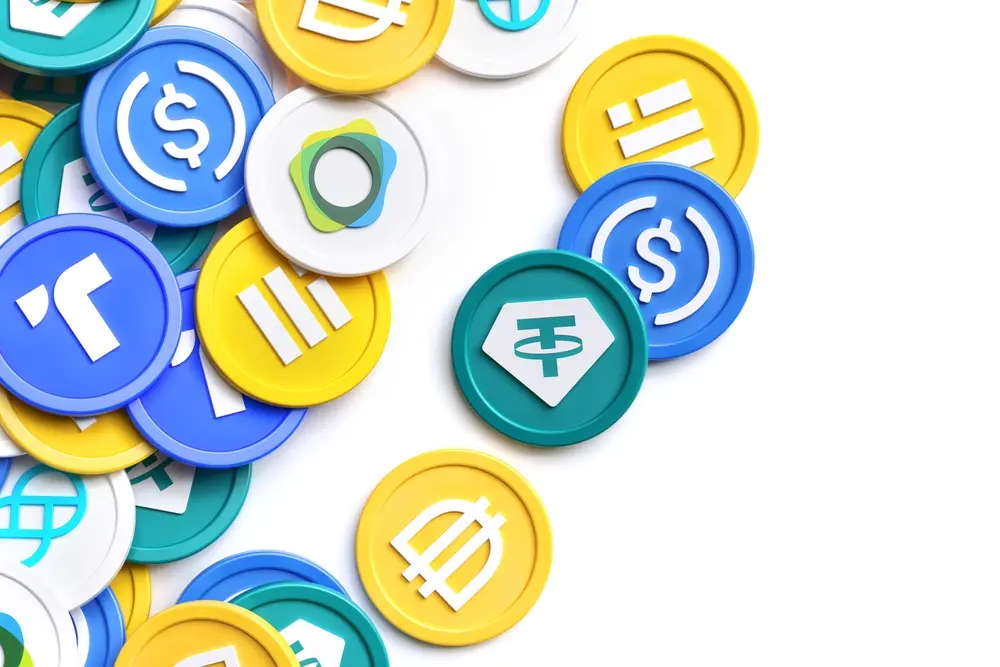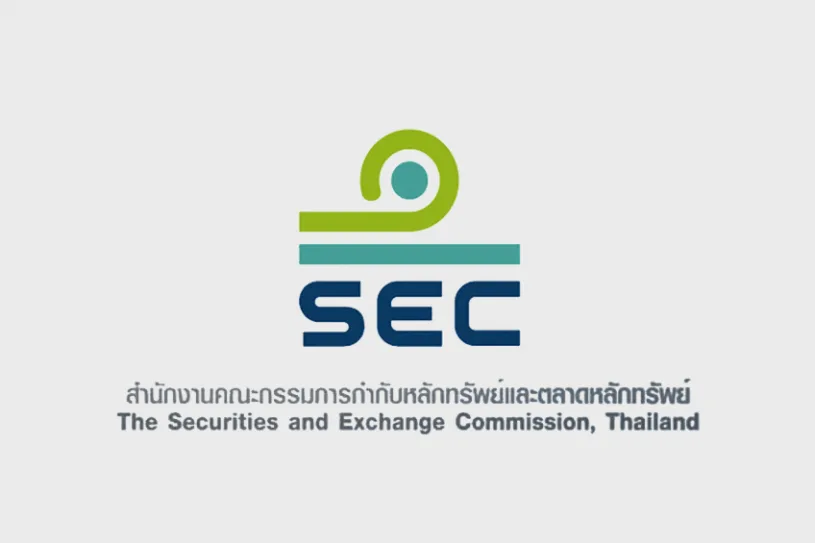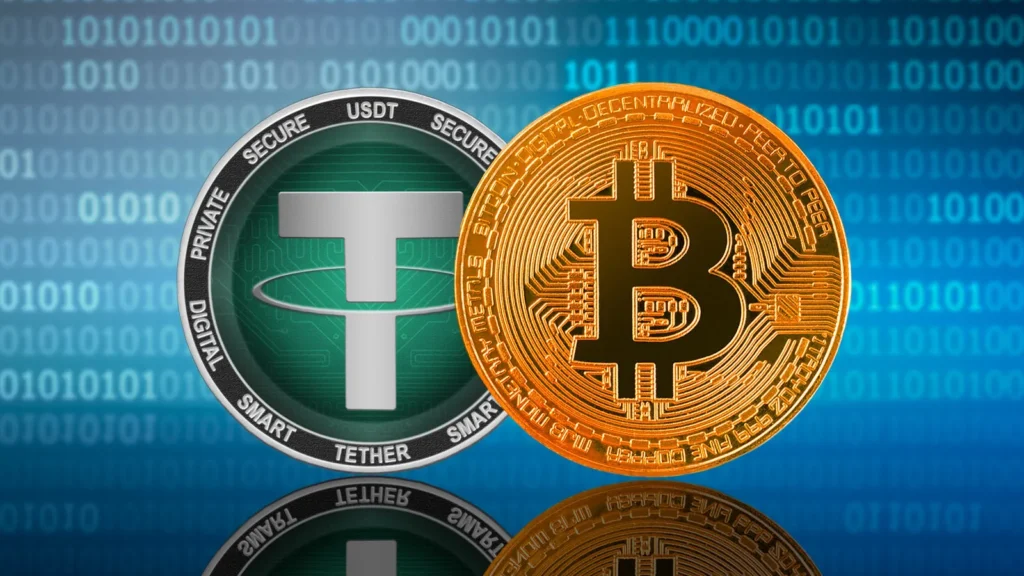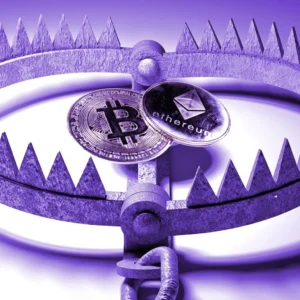Stablecoin Thailand 2025: A Practical FAQ for Investors
If you’re investing or earning online in Thailand, you’ve probably heard the term stablecoin tossed around lately—especially names like USDT and USDC. As of 2025, stablecoin Thailand 2025 are no longer just a crypto experiment. They’re becoming a trusted part of how Thai investors store value, reduce fees, and access digital financial services.
This FAQ-style guide answers common questions Thai users are asking—without the technical jargon.
What Are Stablecoin Thailand 2025 and Why Are They Suddenly Relevant?
Stablecoins are digital currencies designed to hold a steady value, typically pegged to a real-world asset—usually the US dollar. Unlike Bitcoin or Ethereum, they don’t swing wildly in price. One USDC or USDT is meant to equal one US dollar, making them useful for protecting against volatility.
In 2025, Thai investors are paying closer attention because they offer something traditional assets don’t: fast, low-cost access to dollar-based value without leaving the country—or the Thai banking system.

Credit from : Brookings
Why Are More Thai Investors Using Stablecoin Thailand 2025?
The trend comes from a few directions at once. Thailand’s post-pandemic economy has faced pressure from inflation and baht fluctuation. Some investors are responding by shifting a portion of their holdings into dollar-backed assets like USDT or USDC—not because they’re chasing huge gains, but because they’re looking for consistency.
Another factor? Globalized income. Many Thai freelancers and business owners are now dealing with clients abroad. Receiving or storing funds in stablecoins helps them bypass currency conversion fees or delays tied to traditional banks.
And then there’s accessibility. Thai exchanges like Bitkub and Satang have made it easier than ever to trade THB directly for stablecoins. What used to require international platforms can now be done with a local bank transfer and a smartphone.

Credit from : Razorpay
Is It Legal to Use Stablecoins in Thailand?
The short answer: yes, within limits.
Thailand’s Securities and Exchange Commission (SEC) has approved regulated trading of stablecoins like USDT and USDC on licensed crypto exchanges. As long as you’re buying or selling through a registered platform, you’re within the bounds of Thai law.
However, using stablecoins as an everyday payment method—for example, buying food or goods directly with USDT—is still not allowed under current regulations. The government wants to protect the role of the baht as the national currency, so stablecoins can’t legally substitute it in retail environments.
In other words: it’s fine for trading and saving, but not for replacing your wallet at 7-Eleven.

How Can Thai Users Start Using Stablecoins?
Getting started isn’t difficult. Most users begin by signing up with a licensed Thai exchange, verifying their identity (as required by KYC regulations), and transferring baht into their account. From there, they can convert it into stablecoins directly.
Some investors choose to keep their USDT or USDC on the exchange, while others move it to a personal wallet for greater control. Those using DeFi platforms to earn interest or send international payments often prefer self-custody wallets like MetaMask or Trust Wallet.
There’s no single right way—but understanding your own goals and risk tolerance is key.

Credit from : Decrypt
Are Stablecoins Safe to Use?
That depends on how you define “safe.” Compared to traditional cryptocurrencies, stablecoins are more price-stable. And unlike fiat, they operate globally without central banks or borders.
Still, they’re not completely risk-free. Not all stablecoins are created equal—some have failed to maintain their value in the past (remember the TerraUSD collapse?). That’s why most Thai users stick to well-established, transparent coins like USDC and USDT, both of which are regularly audited and widely accepted.
The bigger concern is regulation. While Thai authorities currently allow stablecoin trading, future policy shifts could affect their usage. It’s worth staying informed and not overexposing your portfolio to any single digital asset.
Is This a Fad or a Real Shift in How Thai Investors Think?
It’s too early to say if stablecoins will replace traditional savings tools in Thailand—but there’s clearly a shift happening. Investors aren’t chasing quick profits like they were in the early crypto boom. Instead, they’re using stablecoins as tools—for risk management, cross-border transactions, and passive income opportunities.
Whether that momentum continues will depend on government regulation, public education, and ongoing improvements to crypto infrastructure. But one thing’s clear: stablecoins are no longer a fringe concept in Thailand. They’ve entered the mainstream conversation.

Final Thoughts: Should You Explore Stablecoins in 2025?
If you’re a Thai investor looking for a practical way to hold digital dollars, access DeFi platforms, or receive global payments more efficiently—stablecoins may be worth exploring. The tools are now available, the rules are (mostly) clear, and more locals are starting to pay attention.
Just don’t jump in blind. Learn how they work, understand the risks, and use licensed platforms. Stablecoin Thailand 2025 isn’t just a trend—it might be the start of a new financial mindset.






